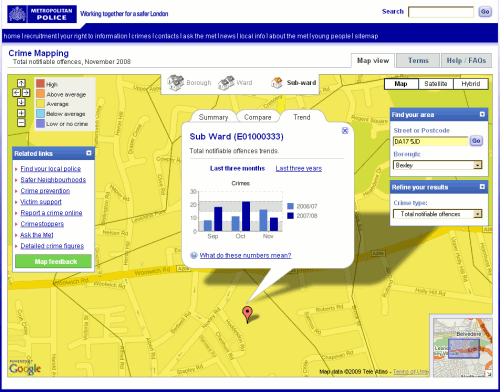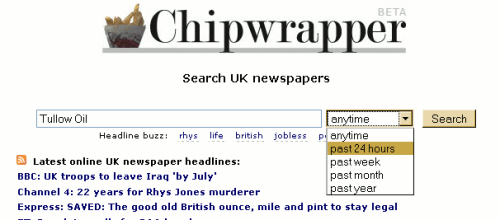Bing.com has launched and I just cannot believe that Microsoft have made so much fuss over something that is no better than the existing Live.com. The UK version is labelled as beta and the US one as “Preview” so is there more coming soon as is suggested by Microsoft/Bing in their blogs? I sincerely hope so because so far this “decision engine” does not live up to the hype.
Phil Bradley has already reviewed Bing and I agree entirely with everything he has said. The home page is reminiscent of the old Ask home page that allowed you to “skin” the page with an image. I like the snow leopard that is on the UK version but if I should get bored with it, I can’t change it.
My test web searches came up with results that were mostly identical with those from Live.com. For some of them, for example my search on car ownership UK, Bing puts a fact or a statistic at the top of the page. In this case it came up with 510 cars per 1000 people, a statistic apparently from the International Road Federation but 2004 data! The Advanced Search is as pathetic as ever, but you can use search commands such as ‘filetype: ‘ and ‘site:’ in the standard search box.
The image search is virtually the same as Live’s with minor changes to the layout. The Shopping option takes UK users to Ciao.co.uk (very confusing), News is as useless as before, and Maps takes you to Multimap. Much more interesting is the Google-type maps option at http://maps.live.com/ or http://maps.bing.com/ but you cannot find that by following the menu options. You have to know and enter the URL directly into your browser.
At present, all Microsoft seem to have done is put a slightly different interface on top of Live and given it a different domain name, an impression further reinforced by the help files still being on live.com. I will continue to use Live.com as one of my favourite alternative search engines: it does sometimes come up with unique content and I like the image search. Bing has nothing that is significantly new or innovative. As Phil Bradley says, what a wasted opportunity. Google can rest easy.

